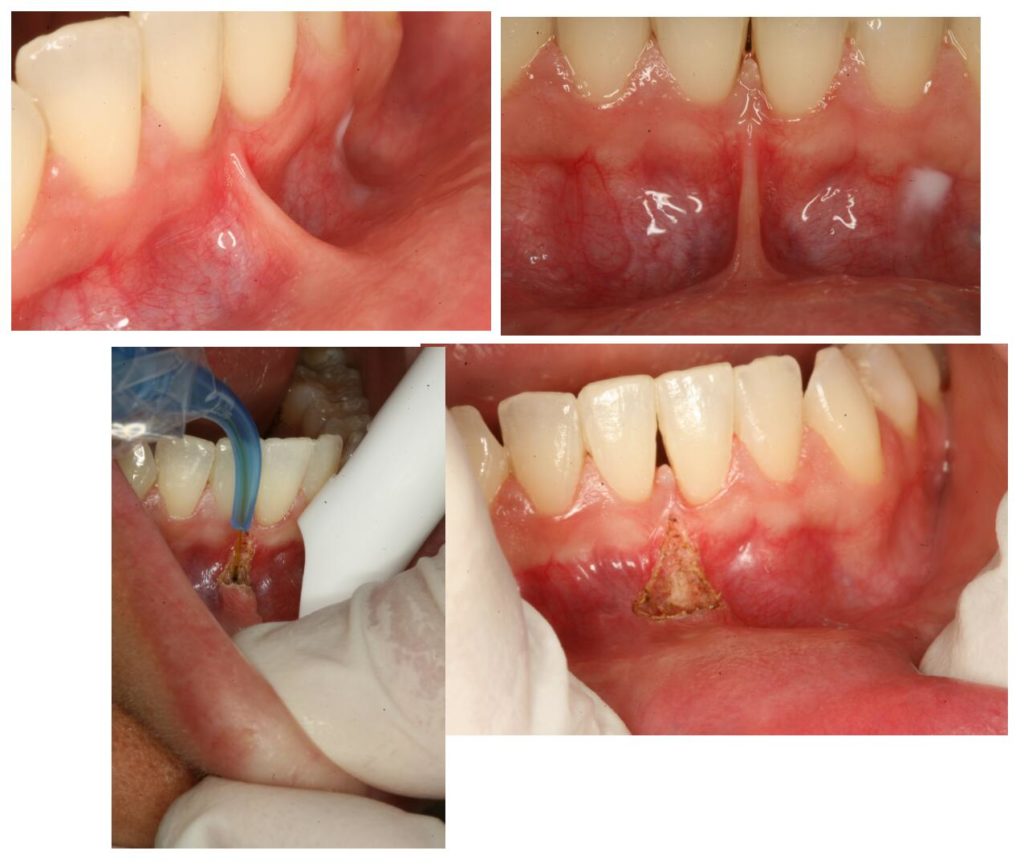
Does your baby have trouble breastfeeding? It might mean they have lip tie, a condition where the frenulum connecting the upper lip to the inside of the mouth is too thick or stiff. While they might eventually be able to learn to live with it, over time a lip tie can negatively affect your child’s oral development. Read on to learn why you should schedule a frenectomy in Pittsburgh for your little one as soon as possible.
How Do You Know If a Child Has a Lip Tie?
One of the most common signs of lip tie in babies is that they’re unable to breastfeed properly. They might not be able to latch on, have trouble breathing properly during feeding, fall asleep during the process, or could experience a lack of weight gain. Mothers might notice discomfort during breastfeeding or fatigue from repeating the process often even though the baby never seems full.
How Does a Lip Tie Affect Your Child’s Mouth?
The frenulum passes between the teeth; if it’s overdeveloped, your child’s pearly whites could shift their position. Typically, it’s the two front teeth that become displaced, causing an unsightly gap. Further alignment issues might manifest as your child grows older. Misaligned teeth can increase the risk of cavities and can also contribute to jaw pain. If a lip tie isn’t treated at a young age, there’s a good chance that your child will need an orthodontic treatment later in life. Fortunately, you can avoid these issues by scheduling a frenectomy for your child early on.
How Can a Frenectomy Treat Lip Tie?
A frenectomy is a surgical procedure where the tissue holding the lip in place is removed, allowing your child to move their upper lip normally. This will also ensure that the condition doesn’t interfere with their dental development.
While frenectomies have traditionally been performed with surgical scissors, this technique usually results in a lot of pain and requires extensive recovery time afterwards. That is why most modern dentists choose to use a soft tissue laser instead. The laser is very precise and can be aimed so that it only focuses on the area that actually needs treatment; the surrounding oral tissues won’t be damaged. It can be done relatively quickly, and the patient usually won’t feel anything at all after a local anesthetic is applied. Since less tissue is removed, your child will be able to recover more quickly and comfortably.
The consequences of a lip tie only become more severe as time goes on. If you think your child might have this condition, make an appointment with a dentist in Pittsburgh so that they can make a diagnosis and determine an appropriate course of treatment.
About the Author
Dr. Ray Voller is a proud member of the Pennsylvania Dental Association and has been practicing in Kittanning since his graduation in 1980. He fully appreciates the importance of keeping up to date with modern dentistry, which is why he uses a soft tissue laser to perform frenectomies at his practice, Voller Dentistry. To schedule an appointment, visit his website or call (724) 543-4948.
